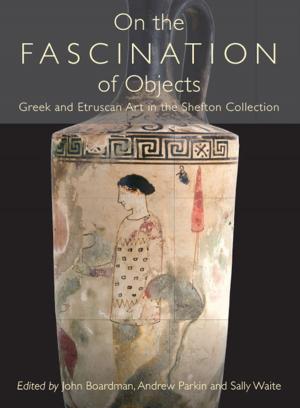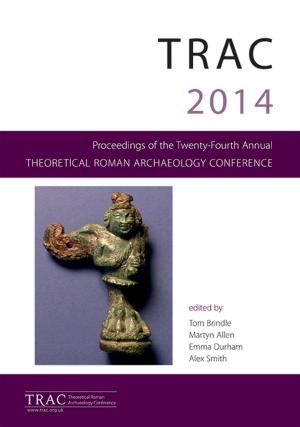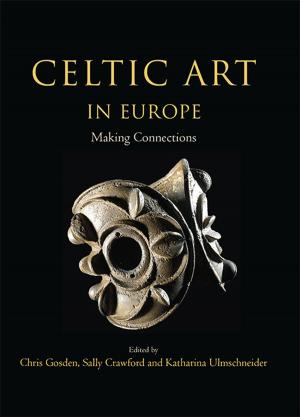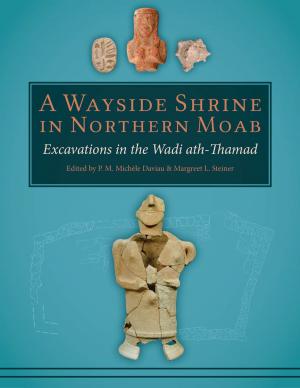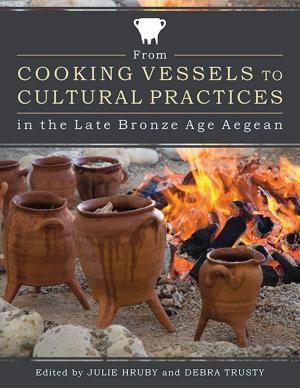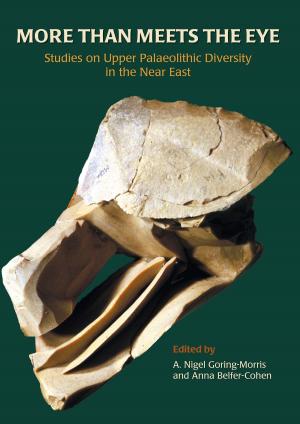Iconic Costumes
Scandinavian Late Iron Age Costume Iconography
Nonfiction, Science & Nature, Technology, Textiles & Polymers, Home & Garden, Crafts & Hobbies, Needlecrafts & Fabric, Weaving, History, Medieval| Author: | Ulla Mannering | ISBN: | 9781785702167 |
| Publisher: | Oxbow Books | Publication: | November 30, 2016 |
| Imprint: | Oxbow Books | Language: | English |
| Author: | Ulla Mannering |
| ISBN: | 9781785702167 |
| Publisher: | Oxbow Books |
| Publication: | November 30, 2016 |
| Imprint: | Oxbow Books |
| Language: | English |
This richly illustrated book presents a selection of the rich and varied iconographic material from the Scandinavian Late Iron Age (AD 400-1050) depicting clothed human figures, from an archaeological textile and clothing perspective. The source material consists of five object categories: gold foils, gold bracteates, helmet plaques, jewelry, and textile tapestries and comprises over 1000 different images of male and female costumes which are then systematically examined in conjunction with our present knowledge of archaeological textiles. In particular, the study explores the question of whether the selected images complement the archaeological clothing sources, through a new analytical tool which enables us to compare and contrast the object categories in regard to material, function, chronology, context and interpretation. The tool is used to record and analyze the numerous details of the iconographic costumes, and to facilitate a clear and easy description. This deliberate use of explicit costume shapes enhances our interpretation and understanding of the Late Iron Age clothing tradition. Thus, the majority of the costumes depicted are identified in the Scandinavian archaeological textile record, demonstrating that the depictions are a reliable source of research for both iconographical costume and archaeological clothing. The book contributes with new information on social, regional and chronological differences in clothing traditions from ca. AD 400 to the Viking Age.
This richly illustrated book presents a selection of the rich and varied iconographic material from the Scandinavian Late Iron Age (AD 400-1050) depicting clothed human figures, from an archaeological textile and clothing perspective. The source material consists of five object categories: gold foils, gold bracteates, helmet plaques, jewelry, and textile tapestries and comprises over 1000 different images of male and female costumes which are then systematically examined in conjunction with our present knowledge of archaeological textiles. In particular, the study explores the question of whether the selected images complement the archaeological clothing sources, through a new analytical tool which enables us to compare and contrast the object categories in regard to material, function, chronology, context and interpretation. The tool is used to record and analyze the numerous details of the iconographic costumes, and to facilitate a clear and easy description. This deliberate use of explicit costume shapes enhances our interpretation and understanding of the Late Iron Age clothing tradition. Thus, the majority of the costumes depicted are identified in the Scandinavian archaeological textile record, demonstrating that the depictions are a reliable source of research for both iconographical costume and archaeological clothing. The book contributes with new information on social, regional and chronological differences in clothing traditions from ca. AD 400 to the Viking Age.

